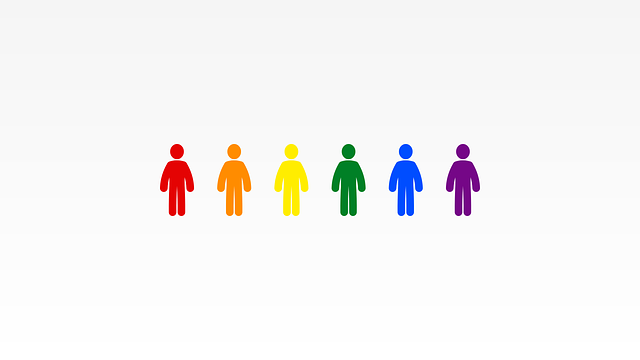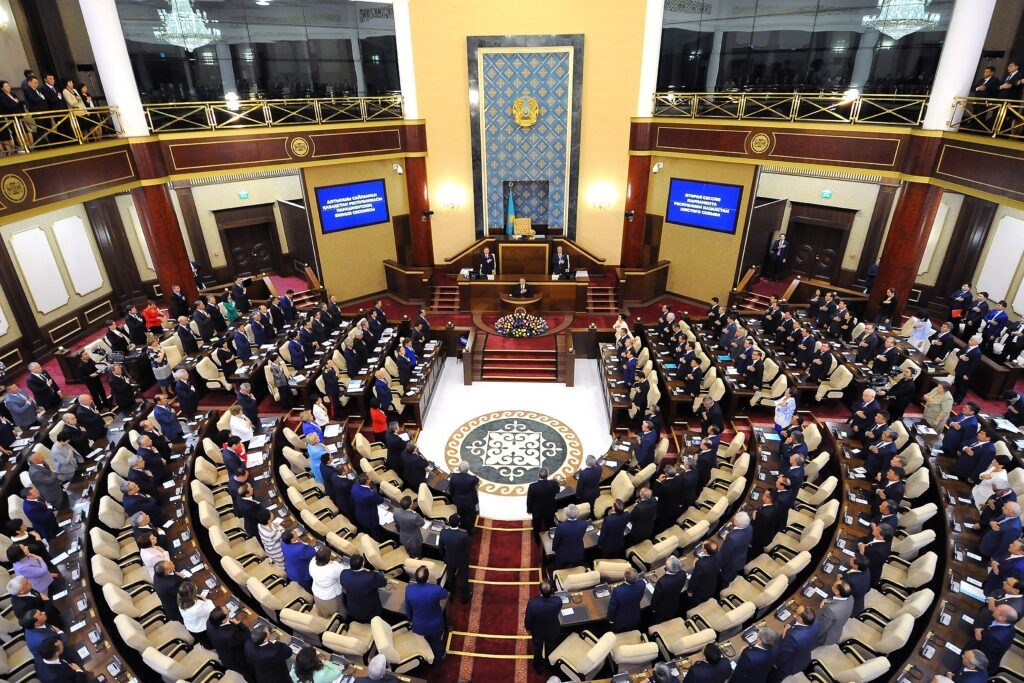Petition against ‘LGBT Propaganda’ in Kazakhstan: Opinions and Comments
A recent petition against so-called "LGBT propaganda", which gathered more than 50 thousand signatures, has resonated throughout Kazakhstan. According to legislation, the Ministry of Culture and Information is now obliged to consider this petition. The petition ‘We are Against Open and Concealed LGBT Propaganda’ authored by Kazakhstan’s Parents’ Union, followed the block in January, of a LGBT community website which the Ministry of Culture claimed to contain information “harmful to the health and development of children.” Reporting on the issue, TCA quoted the reactions of various public figures, including Khalida Azhigulova, a human rights activist and lawyer who pronouncing the petition illegal, claimed it transmitted “hatred and intolerance toward an entire social group.” She also asserted that “a ban on so-called LGBT propaganda would be a gross violation of Kazakhstan’s international human rights obligations.” Echoing her sentiment, feminist and activist Aigerim Kusayynkgzy, stated, “In terms of human rights, I hope such inhumane laws will not be passed.” Bagila Baltabaeva, head of the group leading the petition, reiterated its stance that through books, films, TV and social media, “same-sex love is being openly forced on our children,” promoting “unhealthy relationships.” She also warned that “those who work up the courage and speak out against LGBT propaganda are branded as retrogrades and conservatists.” Public reaction has been mixed and whilst many citizens have openly expressed their views, many have chosen to remain quiet for fear of repercussions and prejudice. TCA took to the streets to gauge current response. All contributors expressed a wish to remain anonymous. I was extremely concerned after reading this news. But at the same time, since I am sure that the president sees only democracy and approximation to European values as the way forward for our country’s development, I am not too worried about it. Kostanai advertiser I think this is a bogus petition, accepted under the guise of a "hearing" state run by a government that only purports to pay attention to the opinion of its citizens. I am sure that the majority voted on a voluntary-coercive basis, as is often the case. Many of those who voted, I believe, are civil servants, at whose expense such a large number – of signatures - was gained. This petition will be accepted because that's what the government wants. Other petitions which also garner 50 thousand votes, but not in the hands of the government, are for some reason never accepted. Taraz singer I have mixed feelings, but above all, am shocked by the level of response. How can it be that so many people are unhappy enough to willingly sign such a petition? Our country is riddled with problems in more urgent need of petitions. Almaty journalist In my opinion, there is no such thing as ‘LGBT propaganda’. One cannot become subsumed by the LGBT community through its exposure on TV or the Internet: a person is either born that way or not. Such a law will reduce the public presence of "non-traditional" relationships in society, but not...



